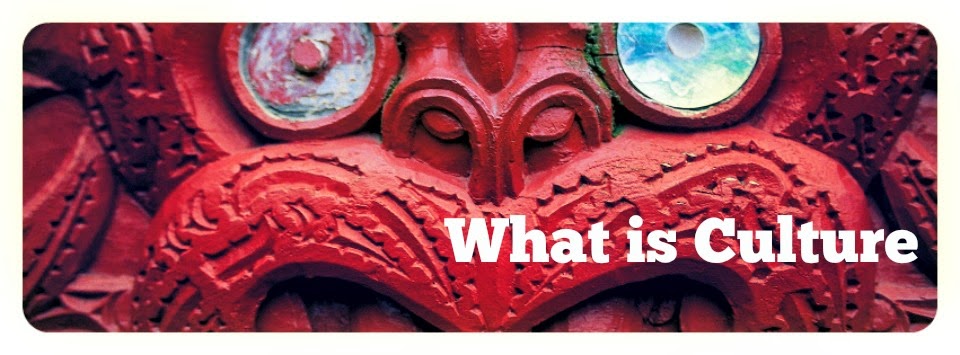Cultural Studies
Another academic tradition which studied culture was Cultural Studies. Born from History (as discipline), specially among social historians, and some literature studies. Their founders (Raymon Williams, E.P. Thompson, Stuart Hall, Richard Hoggart among others) tried to bring cotidianity and culture toward historic analysis. Basicly they kept the line of Frankfurt School about mass culture, but they enriched it bringing some aspects of conflict theory. They see culture as modes of living and values system within a particular time, but also as a collective feeling formed by history inside a context.
It was Williams who introduced the Ideology Theory of Althusser and Gramsci into the analysis. Basicly this theory said that "ideology" is a layer of society made of ideas, among those culture is part of. This layer is in conflict by different social actors who try to establish an "hegemony" or, said it in other way, get control of all the layer (which produce naturalization of those ideas). Following that theory, Williams said through that conflict the culture is created across the time. He identified:
- Dominant Forces: which bring structure to the cultural system
- Residual Forces: they were formed in the past but are still present
- Emergent Forces: New values and adaptations.
In that way, Williams could introduce notions of conflict, difference and contradiction, but above all, a notion of dinamic culture, something that change through the time. That allowed him to make a difference between the organic popular culture in pre-industrial England and current mass culture. Stuart Hall would add later that more than just make a difference we have to say that the organic popular culture ceased to exist because the modes of living that produced it had ceased to exist.
Communication Theory
Another great contribution was use communication theory to analyse the culture, specially, mass culture. In 1971, UNESCO commissioned a study to understand tv effects on population to Stuart Hall. He said that in cultural transmission was several process involved. Mainly a codification process (the message has to be created with references to reality and inside of a given cultural context) and decodification (receptor made their interpretation based on their own references of reality and their own analysis), so formally, there is three reading options:
- Dominant: The message is read exactly it was codify (Unlikely)
- Negociate: The message is negotiated (most usual)
- Opossite: The message is read inside another alternative interpretation frame.
In that way, Hall was allowed to say that media and mass culture have no control effect over their audience, but their contents are negotiated. Today is ease to prove it, because TV use the rating system, they are concern about what audiences want to see. Channels and producers propose contents, but public decide their success or failed.
 |
| Who is reponsible for rubbish television? |
Of Course, all of this started the introduction of new concepts as credibility, consensus (and an argument about if is natural or naturalized rather than socially constructed) and the rol of the social media on it and in the cultural reproduction and legitimacy construction.
Source:
During, S, 2005, Cultural Studies A critical introduction







 .
.